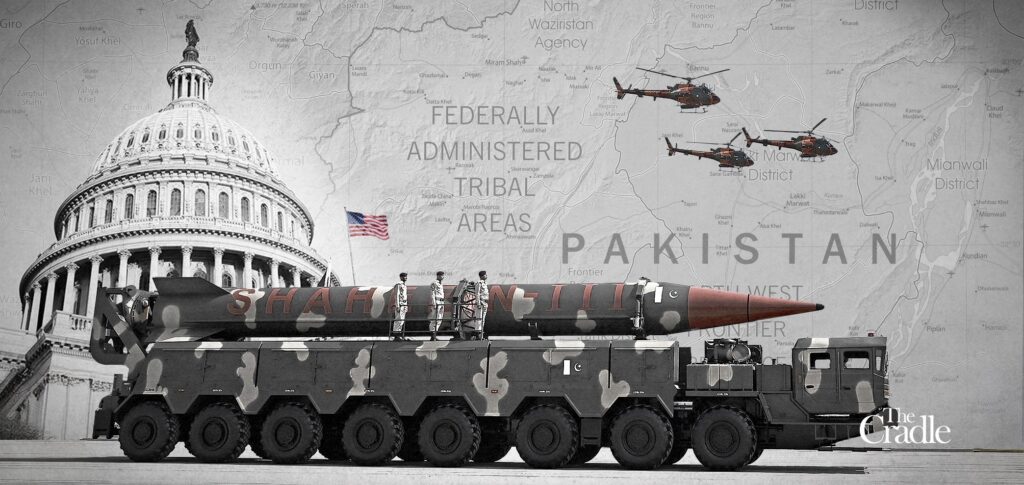As international sanctions increasingly dominate global diplomacy, critics warn that their effectiveness and legality are being called into question. In a recent article published on January 13, Paul Craig Roberts, a former US Assistant Secretary of the Treasury, outlined the ethical and legal shortcomings of sanctions, sparking renewed debate about their use.
Roberts argued that these measures, frequently wielded by powerful nations like the United States, often violate international law, harm civilians, and fail to achieve long-term strategic goals. Sanctions are typically imposed to coerce compliance from foreign governments.
However, Roberts highlighted that these tools frequently lack the backing of international consensus, circumventing the United Nations and violating international treaties. For instance, unilateral sanctions imposed on nations such as Russia, Iran, and Venezuela have had widespread humanitarian consequences, disproportionately affecting ordinary citizens rather than the intended political elites.
Roberts also pointed to the moral quandary of using sanctions as an economic weapon. While advocates argue that sanctions are a non-violent alternative to military intervention, critics contend that they are no less destructive.
Countries subjected to sanctions often experience widespread poverty, food shortages, and medical crises, amplifying suffering for the most vulnerable populations. The legality of sanctions remains a contentious issue. International law stipulates that measures affecting sovereign nations must be approved by the United Nations Security Council.
Unilateral sanctions, particularly those targeting countries’ economic and financial systems, often bypass this process. This, Roberts contends, undermines global governance and diminishes the legitimacy of nations that champion such policies.
Proponents of sanctions argue they serve as a critical tool for holding governments accountable for human rights violations or aggression. Yet, Roberts asserts that sanctions are frequently applied inconsistently, with political motives overshadowing principles of fairness and justice.
Critics have raised concerns about double standards, where strategic allies of sanctioning nations are often exempted from similar scrutiny. The impact of sanctions is not confined to the targeted nations.
Roberts underscored that sanctions disrupt global supply chains, inflate energy prices, and strain international relations. For example, sanctions on Russia following the Ukraine conflict have led to an energy crisis in Europe, showcasing how such policies can have unintended ripple effects on allied nations.
As the global community grapples with the complex consequences of sanctions, Roberts’ critique has reignited calls for a reassessment of these measures. Diplomats and policymakers face mounting pressure to pursue strategies that respect international law, minimize humanitarian harm, and foster dialogue over confrontation.
This growing debate underscores a pivotal question: Can sanctions be reformed to serve as ethical and effective tools of diplomacy, or will their continued misuse deepen global divisions?
While opinions remain divided, one point is clear—sanctions are no longer merely a diplomatic strategy but a test of the international community’s commitment to justice and accountability.



